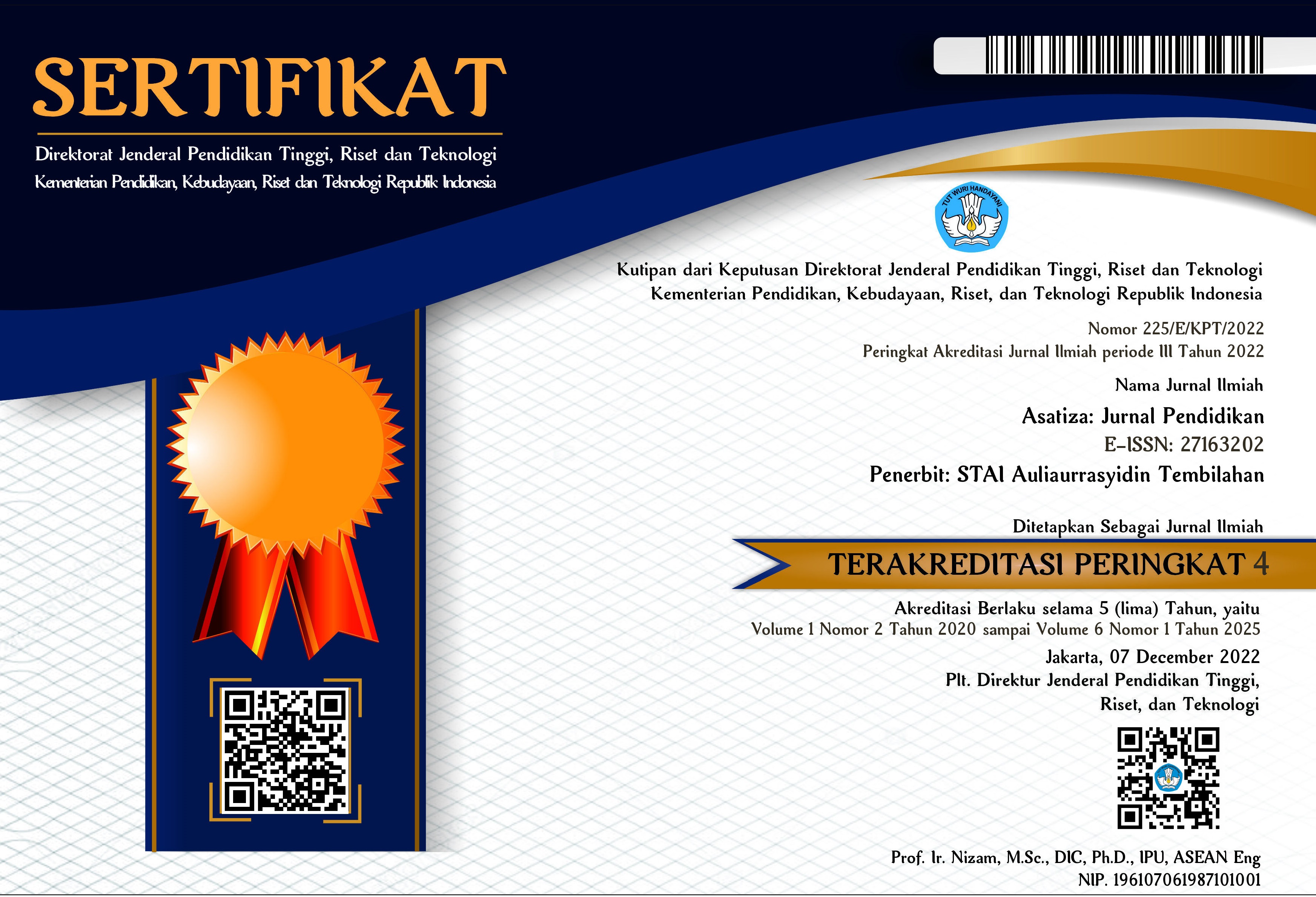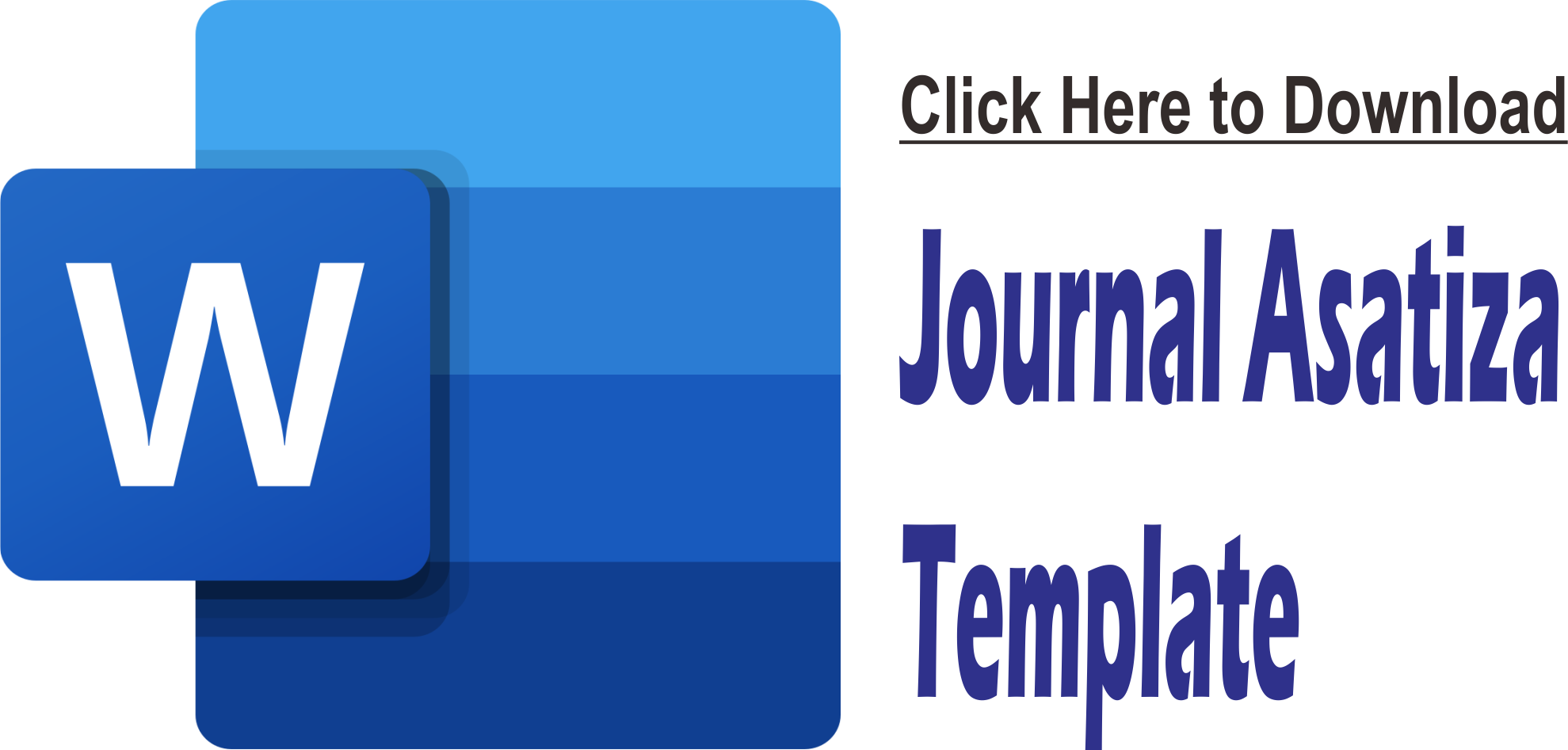| E-ISSN | P-ISSN |
Peer Review Process
Asatiza: Jurnal Pendidikan uses double blind system for peer-review; both reviewers and authors’ identities remain anonymous. The paper will be peer-reviewed at least by two reviewers, and an editor will conduct an initial review before sending manuscript to the reviewers. The journal will screen the paper for plagiarism using turnitin similarity checking.
Every article that goes to the editorial team will be selected through Initial Review processes by Editorial Board. Then, the articles will be sent to the peer reviewer and will go to the next selection by Double Blind Review Process. After that, the articles will be returned to the authors to revise. These processes take a month for maximum time. In the each manuscript, peer reviewers will be rated from the substantial and technical aspects.
Contribution to Editorial DecisionsPeer reviewer assists the editor in making editorial decisions and through the editorial communications with the author in improving the paper.
PromptnessAny selected reviewer who feels unqualified to review the research reported in a manuscript or knows that its prompt review will be impossible should notify the editor and excuse himself from the review process.
ConfidentialityAny manuscripts received for review must be treated as confidential documents. They must not be shown to or discussed with others except as authorized by the editor.
Standards of ObjectivityReviews should be conducted objectively. Personal criticism of the author is inappropriate. Reviewer should express their views clearly with supporting arguments.
Acknowledgement of SourcesReviewers should identify relevant published work that has not been cited by the authors. Any statement that an observation, derivation, or argument had been previously reported should be accompanied by the relevant citation. A reviewer should also call to the editor's attention any substantial similarity or overlap between the manuscript under consideration and any other published paper of which they have personal knowledge.
Disclosure and Conflict of InterestPrivileged information or ideas obtained through peer review must be kept confidential and not used for personal advantage. Reviewers should not consider manuscripts in which they have conflicts of interest resulting from competitive, collaborative, or other relationships or connections with any of the authors, companies, or institutions connected to the papers.






2.png)



